Blog
-
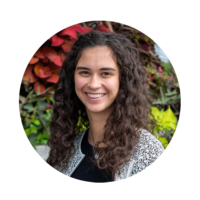
Inclusion and Advocacy for Women with ADHD: Addressing Inequities and Challenging Diagnostic Bias on International Women’s Day
March 8th, 2024 is International Women’s Day and this year’s theme is “Inspire Inclusion.” Unfortunately, women who hold multiple intersecting identities that are systemically oppressed world-wide are often excluded from discussions. One example includes women who are neurodiverse, and more specifically for this post, women with attention-deficit/hyperactivity disorder (ADHD). Women and non-binary folks are often excluded from appropriate diagnosis of ADHD due to bias in providers, boy/men-dominated symptoms in the DSM-5 (Barkley, 2023; Hinshaw et al., 2021), socialization to mask and internalize symptoms, and sexism and other forms of discrimination. As with most discrimination, this is even worse for women with ADHD who also hold other systemically oppressed identities. This blog will focus on how to increase equity for women with ADHD with concrete solutions for multiples systems that affect them.
Read more -

Moving Forward with ADHD (Attention-Deficit/Hyperactivity Disorder)
Celebrated every October, ADHD Awareness Month aims to educate the public about ADHD by disseminating information informed by evidence-based research. It provides an opportunity to correct misunderstandings, acknowledge lived experiences, and read the latest research from leading lights in the field.
This ADHD Awareness Month, we encourage you to explore the FREE learning opportunities available on our website, and to share with your networks.
Read more -
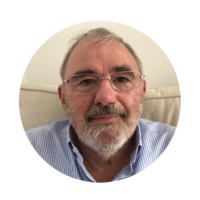
A digest of the published work of Michael Rutter
A digest of the published work of Michael Rutter by Jim Stevenson, Emeritus Professor of Developmental Psychopathology, University of Southampton. Revised December 2021
Read more -
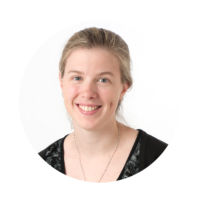
ADHD, Self-Harm, and the Importance of Early Childhood Intervention – In Conversation with Dr. Melissa Mulraney
In this podcast, we talk to Dr. Melissa Mulraney, Senior Lecturer and co-leader of the Child Mental Health Research Centre at the Institute for Social Neuroscience in Melbourne, Australia, Honorary Research Fellow at the Murdoch Children’s Research Institute in the Department of Paediatrics at the University of Melbourne, and Associate Editor of CAMH.
Read more -
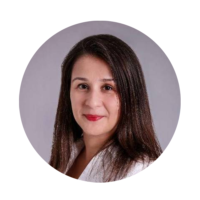
Changes in emotional problems, hyperactivity and conduct problems in moderate to late preterm children – Dr. Ayten Bilgin
In this podcast we talk to Dr. Ayten Bilgin about her JCPP Advances paper ‘Changes in emotional problems, hyperactivity and conduct problems in moderate to late preterm children and adolescents born between 1958 and 2002 in the United Kingdom’,
Read more -

‘The Centre for Attention Learning and Memory (CALM)’ – In conversation Dr. Joni Holmes
In this podcast we speak to the head of The Centre for Attention Learning and Memory (CALM) Dr. Joni Holmes, at the MRC Cognition and Brain Sciences Unit, at the University of Cambridge. Joni discusses the main aims of CALM, the research they have conducted, and the implications for identifying children’s mental health needs.
Read more -
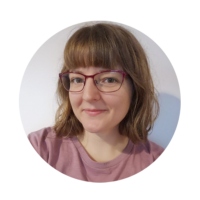
The Centre for Attention Learning and Memory (CALM) Approach to Neurodevelopmental Research – MRC Cognition and Brain Sciences Unit University Of Cambridge
Our thinking around neurodevelopmental disorders is undergoing a period of rapid change. The traditional approach, endorsed by classification systems such as the Diagnostic Statistical Manual, defines neurodevelopmental disorders such as autism and attention-deficit hyperactivity disorder (ADHD) as distinct categories.
Read more -
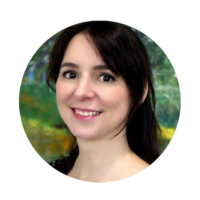
‘ADHD and the implications of a lack of awareness within primary care’ – In Conversation with Blandine French
In this fascinating interview Blandine French discusses her research on understanding GPs awareness of developmental disorders, such as ADHD, and what the implications are of a lack of awareness within primary care, and its impact on young people and their families.
Read more -

Professor Kapil Sayal appointed as prestigious NIHR Senior Investigator
Congratulations to CAMH Editor, Professor Kapil Sayal who has been appointed as a new NIHR Senior Investigator.
Read more -

‘ADHD, autism, and the elevated risk of later depression’ In conversation with Professor Anita Thapar
In this podcast we talk to Professor Anita Thapar, Cardiff University. Anita talks about the relationship between disorders, such as, ADHD and autism, the elevated risk of later depression, and what is known about the mechanisms behind this association.
Read more
